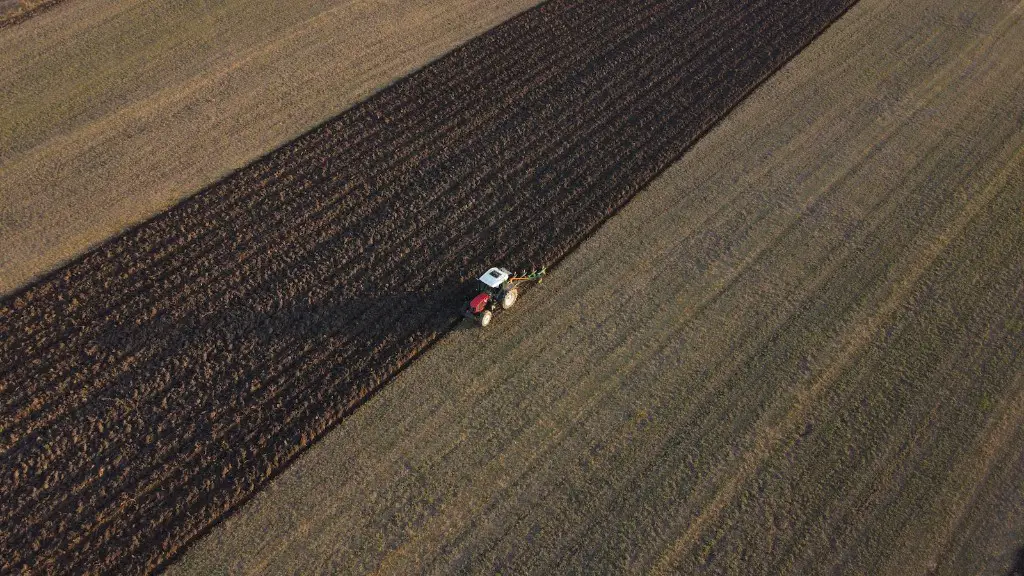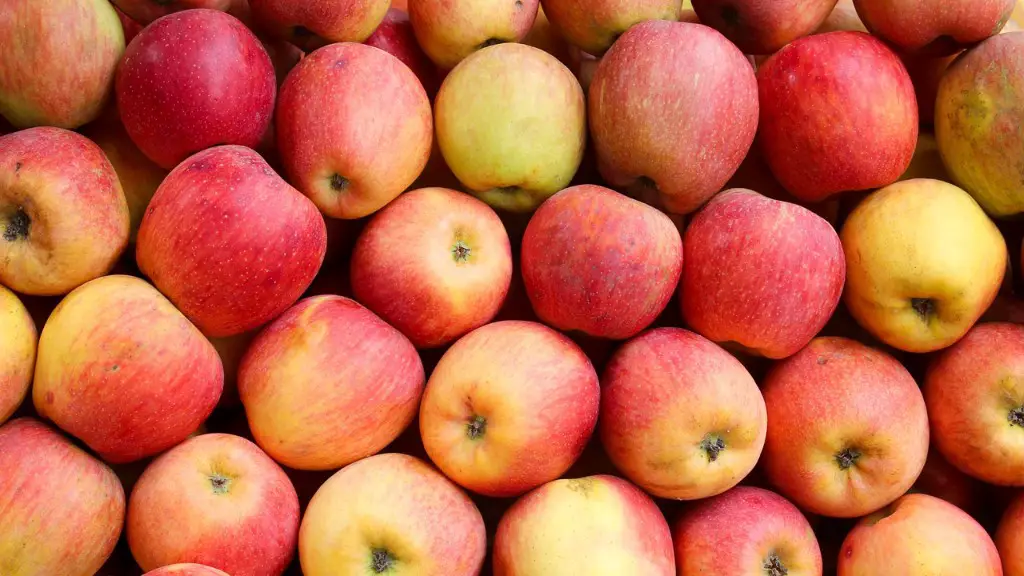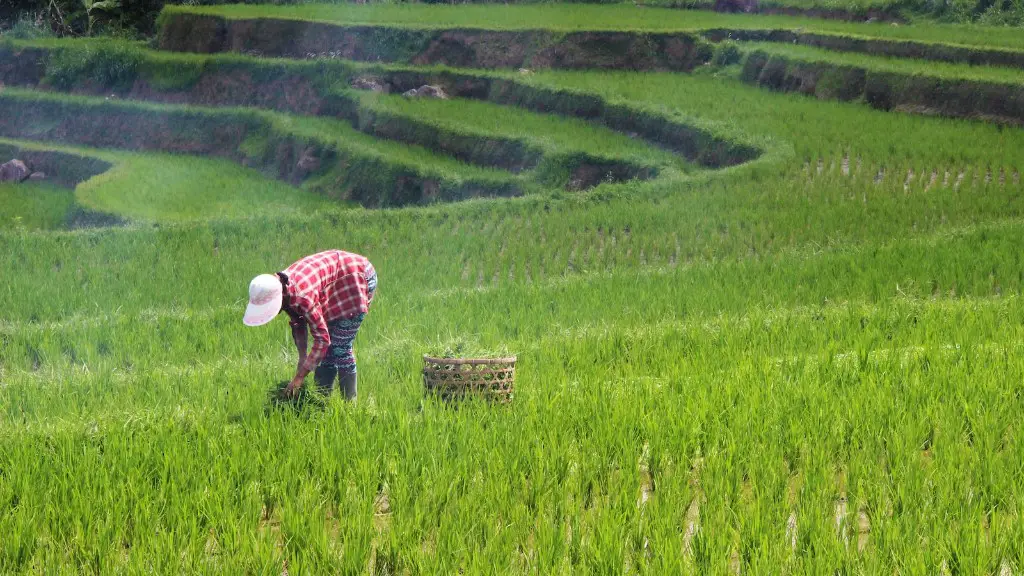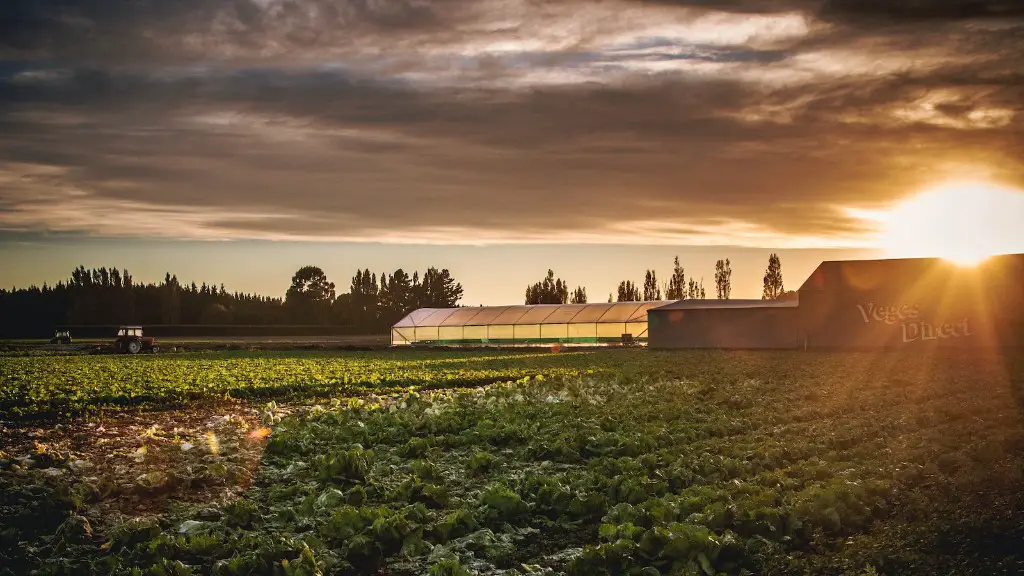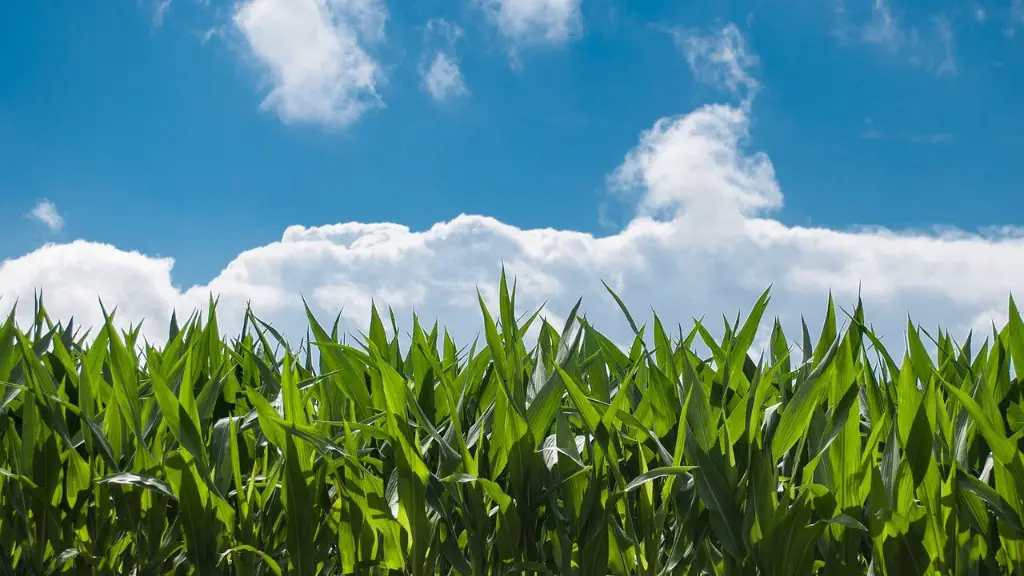There is no one answer to the question of when and how agriculture likely began. One theory suggests that agriculture began as early as 10,000 years ago in the Fertile Crescent region of the Middle East. Another theory suggests that agriculture began even earlier, around 15,000 years ago, in China. Whichever theory is correct, it seems clear that agriculture began as a way to improve the food supply for growing populations.
There is evidence that agriculture began around 10,000 BC in the Fertile Crescent region, which includes parts of present-day Iraq, Turkey, and Iran. This area was especially suited for agriculture because of its climate and ample water supply. The first crops were likely wheat and barley, followed by peas and lentils.
When and how did agriculture begin?
Agricultural communities allowed for humans to transition from a nomadic hunter-gatherer lifestyle to a more settled way of life. By domesticating plants and animals, families and larger groups were able to build communities and establish themselves in one place. This way of life allowed for the development of culture and the advancement of society as a whole.
Agriculture originated in a small region known as the Fertile Crescent. This region is located in the Middle East and includes parts of modern-day Iraq, Syria, Lebanon, Israel, and Jordan. Agriculture allowed for the domestication of plants and animals, which led to the development of civilizations. Agriculture also allowed for the growth of cities and the rise of trade and commerce.
Who first started agriculture
The Egyptians were some of the first people to practice agriculture on a large scale. This was made possible by the development of basin irrigation, which allowed them to grow crops in a more efficient way. The Egyptians started practicing agriculture in the pre-dynastic period, between around 10,000 BC and 4000 BC. This allowed them to develop a more stable food supply, which helped them to grow their population and develop their civilization.
It is believed that humans started farming about 8000 years ago. Some such areas were found in the north-west of India where humans started growing crops like wheat and barley about 8000 years ago. The time period for the beginning of agriculture in the world is, therefore, about 8000 years old.
When did agriculture begin in America?
The development of agriculture was a key turning point in human history, and it is interesting to note that it occurred independently in different parts of the world. The fact that it happened relatively quickly after humans arrived in the Americas suggests that the potential for agriculture was always there, and it was only a matter of time until it was developed.
The history of agriculture began with the domestication of plants and animals and the development of techniques for raising them. Agriculture allowed for the growth of civilizations and the development of new technologies and trade. Today, agriculture is an important part of the global economy, providing food, feed, fiber, fuel, and other goods.
What is the earliest form of agriculture?
Over a million years ago, humans obtained food by hunting wild animals and gathering plants. They were completely dependent on their local environment for sustenance. Such hunter gathering societies existed extensively until 10,000 years ago. A few isolated groups continue to this day.
The use of a plow powered by domesticated animals has resulted in a significant increase in food production. In this way, 5,000 years ago, farming began to seem like a better alternative to the hunter-gatherer’s way of life. Farming allowed for the domestication of plants and animals, which led to the development of civilizations. Agriculture allowed for the growth of cities and the rise of civilizations. It also allowed for the growth of food surpluses, which allowed for the development of trade and commerce.
How did humans start agriculture
It is believed that the first profound change in the relationship between fully modern humans and the environment was the evolution of humans into their current form some 200,000 years ago. However, they did not begin to engage in agriculture until about 15,000-10,000 years before the present. This change in lifestyle would have had a significant impact on the way humans interacted with their surroundings and the resources available to them.
This is no longer the dominant view.
Scientists now believe that our ancestors took up farming because of a combination of environmental factors and chance.
Where did agriculture begin in America?
There are many theories about the origins of agriculture, but the most widely accepted theory is that it arose independently in at least three regions: South America, Mesoamerica, and eastern North America.
The earliest evidence of agriculture comes from the Natufian culture in the Levant, which dates back to 10,000 BC. This culture is thought to be the birthplace of agriculture, as it is here that the first evidence of crops and animal husbandry appears.
It is thought that agriculture then spread to other parts of the world, including Europe, Africa, and Asia. The spread of agriculture was most likely due to the migration of people, as well as the exchange of ideas and technologies.
While the origins of agriculture are still being studied, it is clear that it has had a profound impact on the course of human history. Agriculture has allowed for the growth of civilizations and the rise of cities and states. It has also made it possible for humans to domesticated plants and animals, which has led to a greater variety of food sources.
The Neolithic Revolution was a period of time in which humans began to cultivate plants and domesticate animals in order to survive. This period began around 7000 BC and lasted until around 5000 BC. during this time, many different crops were cultivated, including wheat, sesame, barley, and eggplant. In addition, cattle and chicken were domesticated in some areas.
What are major events in agriculture history
The Smith-Lever Extension Act was passed in 1914 to set up a system of USDA extension offices throughout the country. The Capper-Volstead Act was passed in 1922 to give cooperatives legal protection from antitrust prosecution. The Agricultural Adjustment Act was passed in 1933 to provide relief to farmers affected by the Great Depression. The Soil Conservation and Rural Electrification Acts were passed in 1936 to address the problems of soil erosion and lack of electricity in rural areas. The National School Lunch Act was passed in 1946 to provide nutritious meals to schoolchildren. The 1970s saw a revolution in agriculture, with the introduction of new technologies, crop rotations, and improved management practices.
Most likely, agriculture began during the Neolithic Era before roughly 9000 BCE when polished stone tools were developed and the last ice age ended. Historians have several theories about why many societies switched from hunting and foraging to settled agriculture. One theory suggests that the Younger Dryas, a period of colder climate that lasted from 10,000-9000 BCE, forced people to give up their nomadic ways and settle in one place in order to survive. Alternatively, some scholars believe that the idea of agriculture was developed independently in different parts of the world. Whatever the case may be, the switch to agriculture was a major turning point in human history and has had a profound impact on the development of civilization.
During which era did humans begin farming?
This is an amazing discovery! It shows that humans were cultivating plants much earlier than we thought. This could change our understanding of human history and the development of civilization.
Around 10000 BC, the earliest known developments of the first agricultural revolution occurred in the middle east. Due to the development of agriculture, humans could create permanent settlements. This allowed them to develop more complex societies, which led to the rise of civilizations such as the Sumerians and the Babylonians.
What are the 3 most significant events in agriculture
The three major inventions in the agricultural field during the 1830s were the grain reaper, the grain combine, and the plow. These inventions increased efficiency and productivity in the agricultural industry and had a major impact on the development of the United States.
Did you know that Agriculture is the single largest employer in the world? There are 914 million acres of farmland in the United States alone! The average American farmer can feed 155 people, which is pretty impressive. Beef farming accounts for 29% of American farms, so if you’re a fan of beef, you can thank a farmer!
Warp Up
There are multiple theories about when and how agriculture began, but it is most likely that it started independently in different regions of the world at different times. One theory suggests that agriculture began around 10,000 BCE in the Fertile Crescent region of the Middle East. This theory is based on the fact that this is where the first evidence of agricultural practices, like the domestication of plants and animals, has been found. Another theory suggests that agriculture began in China around 12,000 BCE. This is based on the fact that this is when the first evidence of rice cultivation has been found. It is impossible to say for sure which of these theories is correct, or if both are partially correct. However, it is clear that Agriculture is a very old practice that likely began in different parts of the world at different times.
There is no one answer to this question as it is still debated by archaeologists, anthropologists, and other experts. However, there are some theories about when and how agriculture likely began. One theory suggests that agriculture began around 10,000 BCE in the Fertile Crescent region of the Middle East. Another theory suggests that agriculture began independently in different regions across the globe. It is still not known for sure when and how agriculture began, but there are many theories that aim to explain this fascinating subject.
